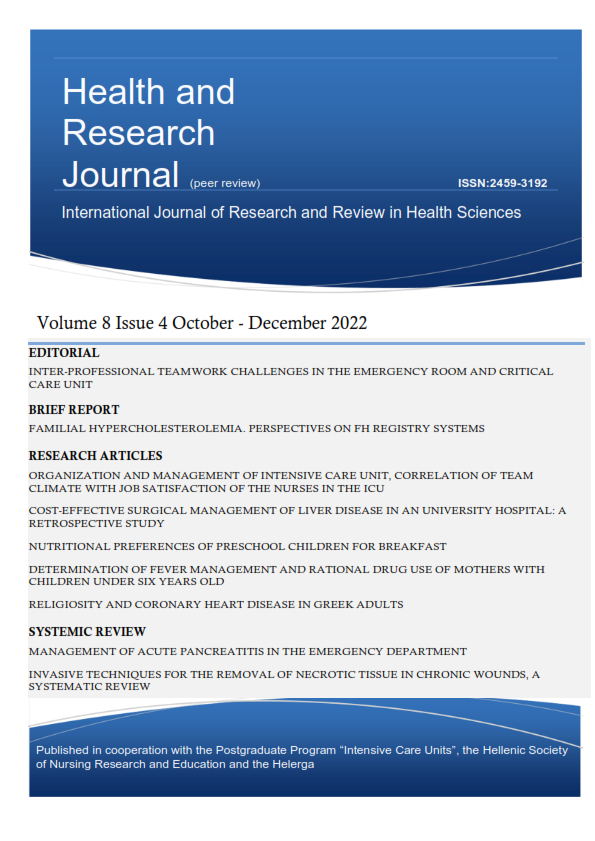Nutritional Preferences of Preschool Children for Breakfast

Abstract
Background: It is stated that children who are acquainted with healthy foods early on are more likely to make healthy food choices in their lives and that parents play important roles in the devel-opment of nutritional preferences.
Aim: The main purpose of the present study was to identify children's breakfast habits and what they know about this topic, and see if they transfer all this into life.
Method and Material: In this study, the case study design is used because the aim is to describe and interpret from a holistic perspective children's preferences for breakfast. The study was conducted with a total of 30 children from the morning group. For one week, the children were offered a breakfast buffet containing food from each food group and what the children ate was observed. The structured individual interviews planned with 30 children were carried out with only 28 children on the grounds that two children were of Syrian origin and could not speak Turkish at an adequate level.
Results: It was observed that the majority of the children (93.3%) stated that they like to have breakfast. The proportion of children who stated that they did not like to have breakfast was 3.4% while the proportion of children who were undecided was 3.3%. According to the findings obtained from the observations, the children finished all the food they put on their plates. In other words, every child tends to take as much food as he/she can eat.
Conclusions: As a study conclusion, those children that stated they choose their preferred food and beverages at breakfast according to what they like know the correct foods, which they called "healthy," but do not choose them. It is thought that the reason the children gave the desired answer stems as much from the role of the researcher as it does from the wish to give an adult the "correct" answer.
Article Details
- How to Cite
-
Kolaşınlı, I. B., & Sönmez, S. (2022). Nutritional Preferences of Preschool Children for Breakfast. Health & Research Journal, 8(4), 293–298. https://doi.org/10.12681/healthresj.29296
- Section
- Original Articles
Copyright notice:
Authors retain copyright of their work and grant the Health and Research Journal the right of first publication.
License:
Articles are published under the Creative Commons Attribution 4.0 International License (CC BY 4.0). This license permits use, sharing, adaptation, distribution, and reproduction in any medium or format, including for commercial purposes, provided that appropriate credit is given to the author(s) and the original publication in this journal, a link to the license is provided, and any changes are indicated.
Attribution requirement:
Any reuse must include the article citation and DOI (where available), and indicate if changes were made.


